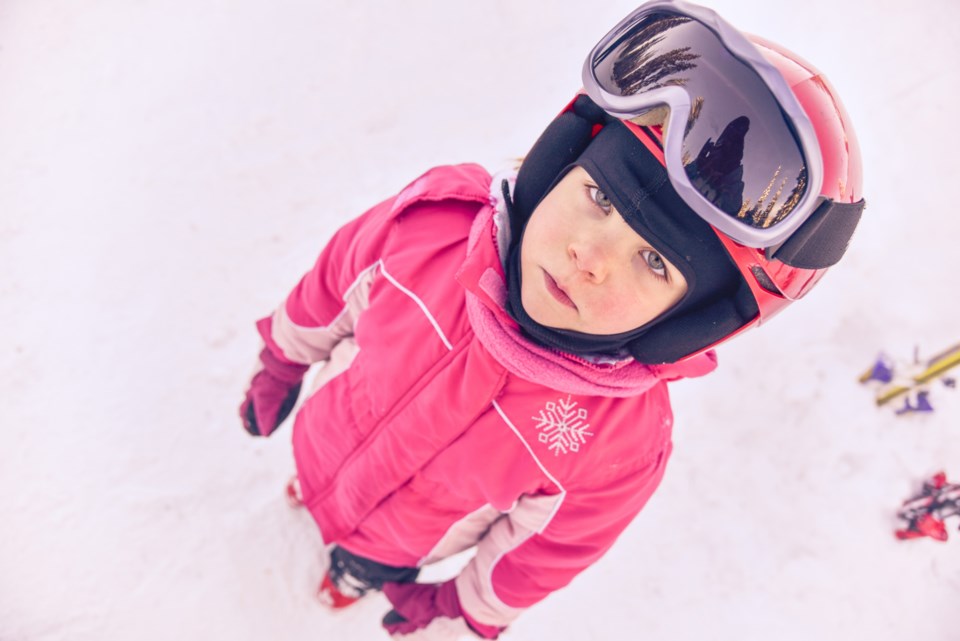A provincial organization representing ski resorts in Ontario is calling on the government to reconsider its decision to shutter ski resorts during the upcoming shutdown.
The Ontario Ski Resorts Association and the Canadian Ski Council have gone public with their argument that Ontario is the only government prohibiting downhill ski resorts from remaining open.
Paul Pinchbeck, formerly a Blue Mountain Resort official and now the president of the Canadian Ski Council, said the Ontario government’s decision to close ski resorts for the upcoming 28-day shutdown (14 days in northern Ontario) came as a “shock” for the 45 ski resorts in Ontario.
“We respect the gravity of the situation…we believe strongly that we provide a valued service to Ontarians,” Pinchbeck told CollingwoodToday. “We know we can operate safely.”
The Canadian Ski Council has worked to develop COVID-19 safety protocols called “Ski Well Be Well,” which Pinchbeck said are being used in BC, Quebec, and Alberta, and were used at resorts in the Southern Hemisphere during ski season with success and with the endorsement of health authorities.
Essentially the protocols take what is general infection advice for the pandemic (wear a mask, practise physical distancing) and apply it to ski resorts.
“What’s new or different for skiers this year is reduced capacity of our facilities in terms of numbers of skiers at resorts,” said Pinchbeck. “Most resorts are operating at less than 50 per cent of the visits they normally would have had.”
Many resorts are following the same protocol as Blue Mountain and not offering walk-up sales for tickets. The resort was limiting single-day passes to pre-booked only.
Pinchbeck acknowledged travel is part of the equation. The province was advising Ontarians not to leave their health unit region, particularly under red or lockdown restrictions, unless it was for an essential reason.
“It’s true people do travel to visit ski areas,” said Pinchbeck. “Our guidance to our consumers has been to respect the rules and wishes of the Ontario government.”
But that didn’t extend to a primary residence check for every lift ticket or pass holder.
“I think that we have a challenge in just simply banning individuals from travel,” said Pinchbeck, citing the example of the many private ski clubs located around Collingwood area on the Niagara Escarpment.
“Many of their members have dual residences,” he said.
Some people may have been living at their local home for six to eight months, but their driver’s licence might have a Toronto address.
“How do we restrict that side of the business?” asked Pinchbeck.
The Canadian Ski Council and the Ontario Ski Resorts Association is petitioning the province to allow downhill skiing to continue through the shutdown.
So far, said Pinchbeck, there hasn’t been any definitive response from the government, nor has their been a specific answer to the question of why ski hills are being closed when other outdoor recreation activities such as nordic skiing, skating, and snowmobiling are still permitted.
“The saving grace in all of this has been our ability to get outside and be active, and enjoy those mental and physical health benefits,” said Pinchbeck. “We saw that all summer long with golf courses. Being able to hike and bike and participate is a large reason why Ontarians have stayed reasonably OK with respect to mental and physical health.”
Pinchbeck said the closure is devastating for Ontario’s ski hills. Estimates suggest there are 4,500 jobs linked to the Ontario ski business, counting ancillary support businesses. The regular seasonal job market at Blue Mountain is 1,300 jobs.
He said resorts have many upfront costs incurred before opening, including lift and infrastructure maintenance and making snow. Add to that an extra few hundred thousand dollars per resort for new COVID-19 protocols and training, and Ontario’s ski resorts have invested “significantly” in the ski season, which was underway across the province.
“We’ve reached out to the province in the spirit of working together…to find a way that we can open,” said Pinchbeck. “A response that’s definite is not on the table at this point, but we look forward to working with them.”
Kevin Nichol, president of the Ontario Ski Resorts Association, said he’s expecting the same support from the government that the golf industry received this spring and summer.
“While golf courses were supported by the Ontario Government, even during the height of the first wave of the pandemic, ski hills have been left behind,” said Nichol in a news release from the Canadian Ski Council. “This is the only jurisdiction in North America to stop skiers from enjoying the sport.”
Barring a “belay that order” from the Ontario government, all downhill ski operations must close by Dec. 26 for the duration of the provincial shutdown.



